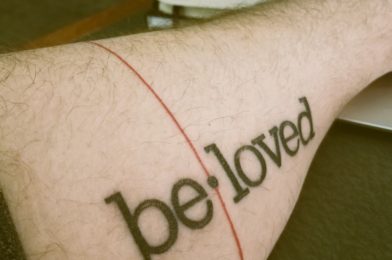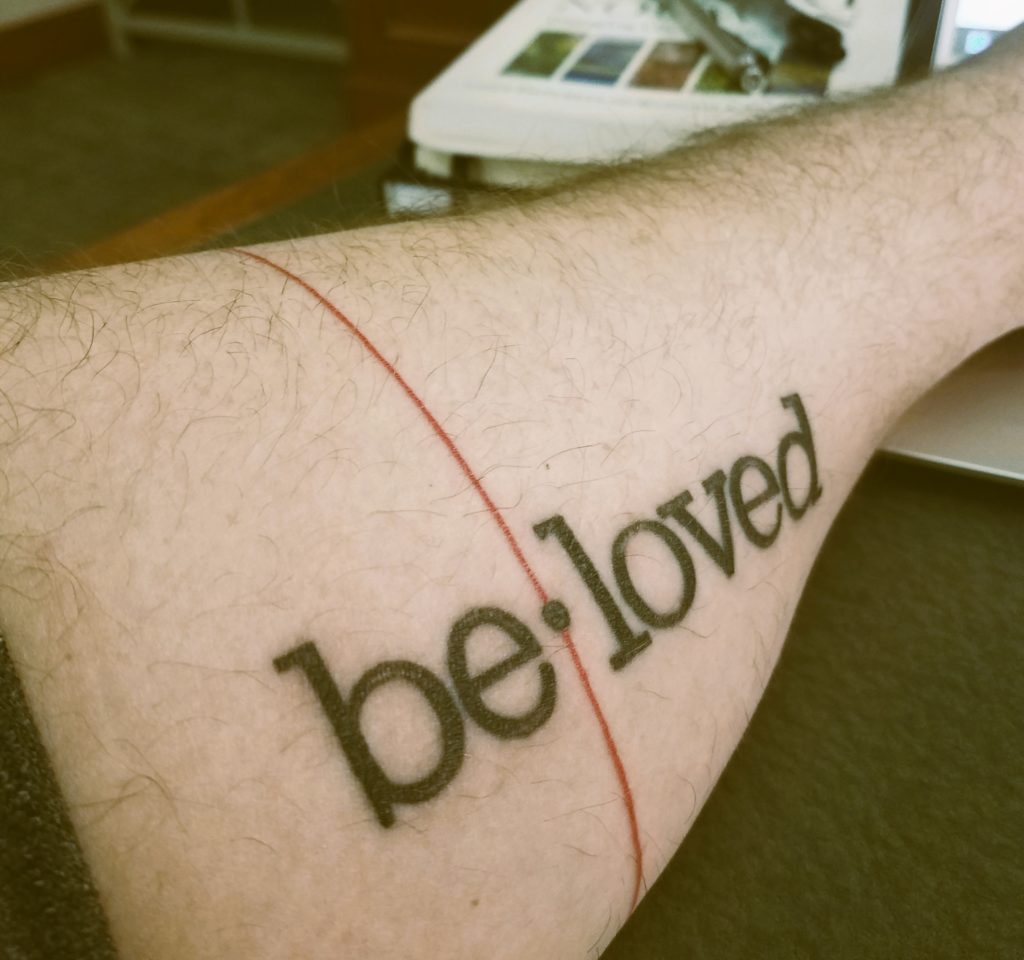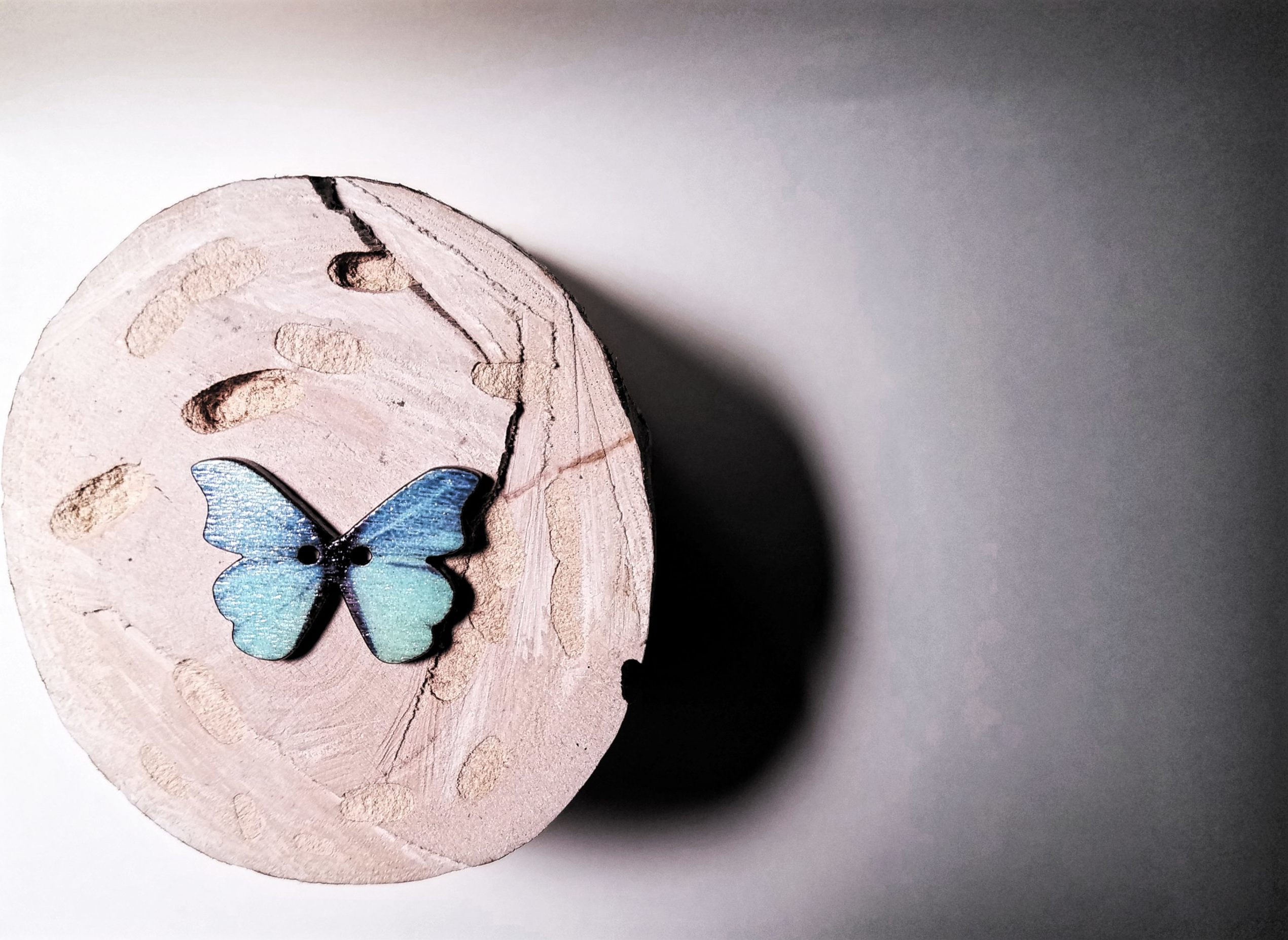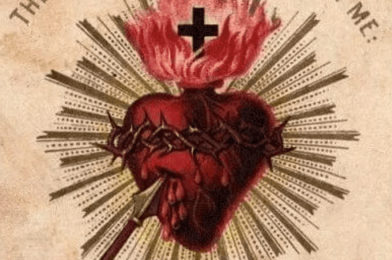My Beloveds,
I heard that you have been exploring Matthew’s witness and interpretation of my time spent with creation, and I am thrilled that you have been, in a way, walking with me this year. I hope that Matthew’s words have been helpful to you and your journey through life and that my words he has recorded have been uplifting and beneficial to each of you personally as well as to your community as a whole.
I’m writing to you to expand upon the words Matthew has recorded in the eighteenth chapter, because this stuff here in Matthew’s gospel is paramount to the community’s survival, not just your community’s survival, but the entire Christian community’s survival. For millennia the church has prayed as I taught: “forgive us our debts, as we also have forgiven our debtors” but y’all (and I mean all y’all in Benton Harbor and beyond, to Berrien County, to Michigan, and to the ends of the earth) y’all haven’t always lived forgiveness and, as my return is imminent, it’s urgent that all of you start doing this forgiveness thing right and you start doing it right away.
The best way that I can describe what forgiveness is, is by reminding you of what God’s forgiveness is. While you all were first created in the image and likeness of God , that image became stained really quickly because Adam and Eve chose their self over their Creator , they chose to disobey God’s word, they chose to believe a lie, they chose someone and something else instead of choosing and trusting and relying on God. That choice made long ago has been a constant across time and even today humanity continues to struggle to find themselves in relationship with God.
God has always been, is always, and will always be present and active in your lives, but that choice of evil blinds you all from that reality. You forget the words God has spoken to Jeremiah, “the Lord your God is with you wherever you go” ; the words spoken to Isaiah, “Fear not, for I am with you; do not be dismayed, for I am your God” ; the words spoken to Zephaniah, “The Lord, your God, is in your midst.” And you forget the words I have spoken to you, “I am with you always, to the end of the age.” God and I have not turned our backs on you – we are here for you because we love you, and we really want to be in relationship with you. And we can only do that if we remove the blinders from your eyes together – you, me, God, and the Spirit…we can only be in relationship with you if we span that chasm that has grown between us, and we do that by offering up forgiveness and love.

We offer forgiveness of all those things that have caused that chasm to grow and expand between us and you. Forgiveness of those big sins that you all try your best to avoid, and most of you do a good job of not murdering or stealing, of lying or cheating on your partners, of making idols and honoring your parents – you do a really good job of avoiding those sins. But at the heart of these big commandments, somehow humans still murder one another by bullying and judging; you still steal by allowing large corporations to walk on employees and natural resources; you still lie – they’re ‘little white lies’ as your pastor’s mom would say – and those aren’t as bad, right? At the heart of these big commandments, at the heart of all of our commandments is this: love God and love your neighbor, but more often than not, you don’t do that.
We love you all so much that we can do nothing but offer you forgiveness because we know you can do better, you can be better, we know that you, in fact, can love God and neighbor if you merely try. And we forgive because we hold out hope that you will seek our forgiveness, and you will try to walk with us, and you will try to love. And we forgive because we want you to know forgiveness so you can give it to each other; as we forgive, we hope and trust that you will also forgive.
My dearest disciples, it’s absolutely vital for your community’s survival that you forgive one another, not just once or twice or even three times…not even just seven times…you should offer up forgiveness seventy-seven times – you should go beyond the limits of human understanding about forgiveness and you should keep going in that direction. Just as my and my Parents’ forgiveness reconciles us to you, forgiveness between you all will reconcile yourselves one to another.
I know it’s difficult to forgive – trust me! Even beyond my divine forgiveness, I know it’s difficult to forgive on a human level because I have been with you all…remember, I hung out with twelve dudes, fishermen and tax collectors and book keepers and fanatical zealots bent on toppling the Roman government. These men needed a whole lot of forgiveness!
Thomas never believed anything anyone said – he rarely took me at my word but I would absolutely forgive him again and again because I knew his past and how hurt he had been from being built up and let down so many times. And I forgave him and loved him because he’s my beloved, he’s my Parent’s beloved.
Bartholemew would step on the back of my sandal all the time…all…the…time. And yes, that was super annoying, and yes, I went through an inordinate number of sandals, but I forgave him because he himself hadn’t worn sandals before because he was so poor and couldn’t get the feel for walking in them. And I forgave him and loved him because he’s my beloved, he’s my Parent’s beloved.
Peter – the one I trusted with the keys to the kingdom – Peter waffled as a disciple on a near daily basis. He trusted me to walk on water, and then he didn’t. He claimed me and denied me in the same breath. He wanted to forgive, but only up to a point. But I forgave him because I knew he really did want to walk with me, he was just torn between heaven and earth. And I forgave him and loved him because he’s my beloved, he’s my Parent’s beloved.
Judas. When Judas identified me in the garden of Gethsemane and I was taken into custody, I found myself utterly betrayed by my close friend. Though he couldn’t imagine it possible, I forgave him because I knew he was in a tight spot, and he chose evil and violence over goodness and mercy. And I forgave him and loved him because he’s my beloved, he’s my Parent’s beloved.
As much as I love and forgive them, I do the same for you. All those times you’ve been on the giving end of a crass joke…all those times you’ve cheated to get ahead…all those times you’ve walked away from my children in need to fulfill your own desires, I have been there, forgiving and forgiving and forgiving and I will keep forgiving because I love you because you’re my beloved and you’re my Parent’s beloved.
And I hope you can do the same for one another. Forgiveness heals brokenness. Forgiveness redeems the lost. Forgiveness welcomes the denied. Forgiveness is living out my life in your world for one another. Forgiveness, my friends, is love. So do as I and your Creator have done: love and forgive, forgive, and love. Listen to the Advocate whom I have sent to you as she speaks to you and guides you towards forgiveness. Listen as she encourages you all to seek out those cavernous relationships to begin mending them. Listen as she gives you all the words you need to talk with one another. Listen as she guides you to love and to forgive.
You all need one another’s love and forgiveness. You have strained relationships that you want to mend, but you’re not sure how to do that, and so you put it off…listen, just start with love and forgiveness. Text them or write them or send them smoke signals, saying, “Hey, I love you, and I’m sorry that our relationship is in the dumps.” And ask for forgiveness for what you’ve done and seek forgiveness for what they’ve done, and get on with it. Those relationships are far too valuable and meaningful and necessary for you to let them slip into the void. Love and forgive, my children…forgive and love.
And as difficult as that love and forgiveness is to give to one another, you all know your own thing that seems to be beyond all love and forgiveness. Violations of body, of mind, of soul that have left scars too deep to heal. Tragedies fallen upon families, causing chasms beyond bridges’ spans. Natural disasters and mere coincidence where no one is to blame and no one can forgive or seek forgiveness. Hear me on this: you can not do this love and forgiveness without me. And you can’t do this love and forgiveness without others. To find forgiveness and love in the midst of violence and tragedy is only by a miracle that we can only do together.
Listen to this, as well: just as I love and forgive, we know that your choices have consequences and you must go through them. The same goes for you in your own relationships with one another. If one of you injures or harms another, most certainly seek love and forgiveness, but know that you must also face the consequences of your actions. Punishments for crimes can benefit love and forgiveness, but those punishments must be loving and humane and equal.
And if you’re the one who’s been injured, my dear loves, be patient with yourselves and with one another. I never want you all to hurt one another, and I’m saddened when it does happen, and I experience all the pain and hurt you experience. While I am ready to love and forgive when true repentance is made, the truth is that for you all forgiveness doesn’t come easily, and it doesn’t come lightly, and it doesn’t always come. But walk with me, learn my forgiveness and love, and someday, maybe someday, you can share it with others.
It’s hard to forgive one another. It’s harder to forgive those who wound you deeply. It’s harder, even still, for you to forgive yourselves. When you miss the mark in your own life, you all-too-quickly beat yourself up; love and forgive yourself. When you let your friends down but they readily love and forgive you, love and forgive yourself. When you have denied your true self to please others, love and forgive yourself and be yourself. Children, this life you live is difficult – it’s hard enough as it is – don’t make it harder by being hard on yourselves. Just as I love and forgive you, love and forgive yourself.
I close this letter with the same message I closed that lesson with in Matthew: in all your love and forgiveness, make sure it all comes from your heart. Be honest and true about your love and forgiveness because it will only work its miracles if you do it with all your heart. You know the danger of half-hearted apologies and acts of love, and you know how easily those are discarded and forgotten. Just as you love the Lord your God with all your heart, soul, mind, and strength, love one another with all your heart, soul, mind, and strength. Let your love and forgiveness be honest, true, and whole-hearted. My beloveds, as I love and forgive, do the same for one another, and do the same for yourselves.
Love,
Jesus.
* I delivered this letter as my sermon for First Presbyterian Church of Benton Harbor on September 10, 2023.













